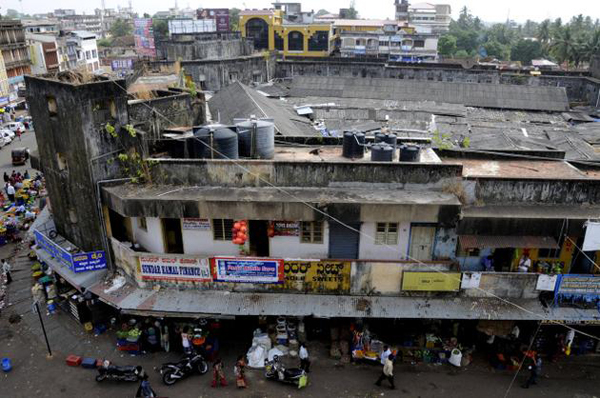Restoring Mangalore’s reputation, making it second IT capital were J.R. Lobo’s key assurances
Mangalore: Cast your vote to me, I will make Mangalore a peaceful, comfortable, beautiful and modern city. This was how the bureaucrat-turned-politician J. R. Lobo appealed the electorate through advertisements in newspapers before the Assembly elections. Probably, his plea struck a chord with the citizens of Mangalore, and the former Commissioner of the Mangalore City Corporation became the MLA of the city.
Mr. Lobo, who also had a stint as the Deputy Project Director of Karnataka Urban Development and Coastal Environmental Management Project (KUDCEMP) of the government, in his election speeches had promised making Mangalore the second Information Technology hub of the State after Bangalore.
Rewind to 2008. The Bharatiya Janata Party (BJP) had come to power both at Mangalore City Corporation council and at the State. But soon, Mangalore had started hitting headlines for all the wrong reasons. The attack on women guests at a pub in Balmatta was followed by a spate of attacks on Christian prayer halls.
A slew of moral policing incidents followed, culminating in the attack on students at a ‘homestay’ in Padil.
Within five years, Congress has bounced back to regain power both at the Mangalore City Corporation council and at the State Assembly. People are desperate to see Mangalore regain its lost image of “land of intelligent people” and march forward.
Murali Mohan, former chairman, Mangalore chapter of the Institute of Chartered Accountants of India (ICAI) said that no city could grow if law and order was not maintained and fundamental rights of people were not protected. If Mangalore as a whole, comprising Mangalore City South, Mangalore City North and Mangalore Assembly constituencies, were to grow the new MLAs should ensure that harmony prevailed in society.
Mr. Mohan said that as the city is the hub of many educational institutes the government should create “student-friendly atmosphere” in the city by curbing moral policing incidents. But with regard to traffic Mangalore should not become Bangalore, he said.
Tourism potential
In terms of tourism promotion why can’t Mangalore become another Goa or Kerala, he asked. “I welcome introduction of air-conditioned city buses either by private sector or government. Let there be both players. People will make their choice,” he said.
G. V. Joshi, a professor, K. S. Hegde Institute of Management, Nitte said that the city would grow and nobody could control it. Top priority should be given to supplying drinking water. It is not wise to depend only on the Netravathi (Thumbe vented dam) for supplying drinking water to the city and supplying water to industries. Traditional water bodies in and around Mangalore such as tanks and wells should be revived and maintained.
Mr. Joshi said that flyovers should be built at Balmatta, Hampankatta and Kodialbail (near DCC bank) to ease traffic congestion and help pedestrians.
He said that as the small and medium scale industries in the city were facing dearth of skilled workers traditional degree colleges (such as offering B. A. courses) which were not getting students could start short term courses for example in mechanical engineering, computer application and the like. As industries require them they get employment.
Mr. Joshi said that eco tourism in Mangalore region including beaches and Western Ghats region should be promoted.

